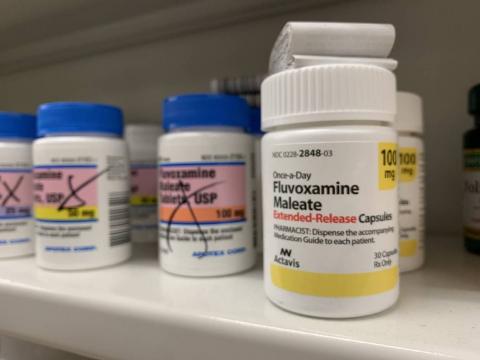Reaction to study indicating that psychological distress prior to covid-19 infection increases risk of persistent covid
Psychological distress, including depression, anxiety, worry, perceived stress and loneliness, prior to covid-19 infection was associated with an increased risk of persistent covid, according to research published in JAMA Psychiatry.

Eduard Vieta - long covid EN
Eduard Vieta
Professor of Psychiatry at the University of Barcelona, Head of the Psychiatry and Psychology Department at Hospital Clínic in Barcelona, and researcher at the Biomedical Research Centre in Mental Health (CIBERSAM)
The article is based on an interesting study, which supports the well-known idea that infectious pathologies and their sequelae are influenced by the previous state of the subjects. In this sense, psychological stress, manifested mainly in the form of anxiety or depressive symptoms, is a risk factor for multiple medical conditions and persistent covid is no exception. However, the very definition of persistent covid is controversial - it is currently being worked on at the Centro de Investigación Biomédica en Red de Salud Mental (CIBERSAM) in a collaborative effort of elite researchers from various fields, including mental health.
Thus, a certain tautology/obviousness cannot be ruled out in that the presence of depressive symptoms prior to covid are predictors of very similar and persistent symptoms after infection. Although the authors attempt to control for this effect, the presence of fatigue and concentration difficulties, cardinal symptoms of persistent covid, are also very common in depression. In summary, the work is interesting but has limitations and despite these it seems logical to think that previous psychological stress is associated with an increased risk of symptoms, especially neuropsychiatric symptoms, persisting after infection.
Siwen Wang et al.
- Research article
- Peer reviewed
- Observational study
- People



